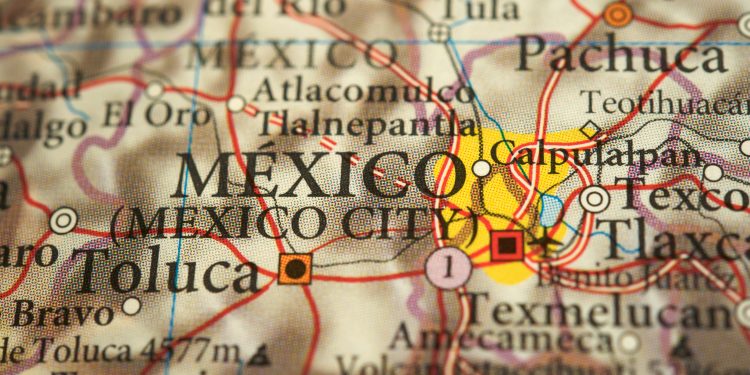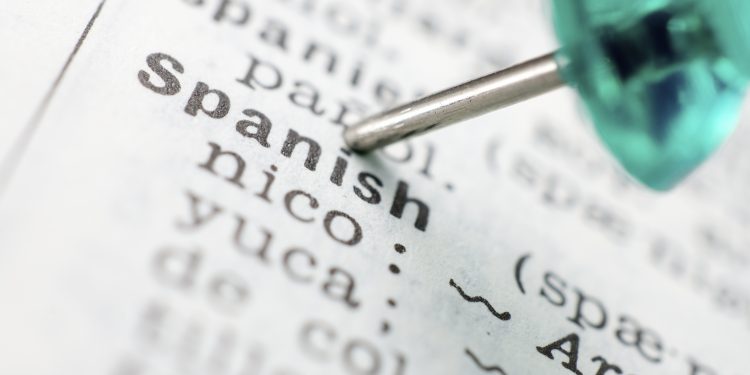Thanks to catalytic converters, unleaded fuel, ozone monitoring, and restrictions on dirty industry, air pollution in Mexico City is much less than it was in the early 1990s. Noise pollution, however, has survived the endeavors of planners to improve environmental conditions in one of the world’s largest cities.
The birds living in the capital —of which there are a considerably large number for such a vast expanse of concrete and bitumen— find their dawn-welcoming choruses competing for ears with the continuous rush of tires on tar, the roar of diesel combustion, and piercing shrieks from the whistles of policemen trying to keep it all moving along.
Perhaps not surprisingly, noise is something of a status symbol for the chilangos as they struggle to be noticed among 20 million others.
The owners and operators of the ubiquitous micros —shuttle buses— may well skimp when it comes to seating arrangements, faulty light bulbs, or sticky doors, but spare no expense when rigging up sound systems for the apparent entertainment of the driver alone. From the intricate set-up of tweeters and woofers, no one is spared the blast of música tropical, corridas, or rock en español.
In case this isn’t enough, some replace the standard horn with a series of trumpets pumping out Yankee Doodle or La Cucaracha, both proclaiming “make way for the raucous.”
The penchant for forcibly sharing dissonant tastes extends to the owners of cars, many of whom roll down their windows to let fellow motorists and pedestrians appreciate the finer points of disco, rap, or hip-hop—at full volume. Pathos comes to mind as the driver tries to shout “look at me” through the speakers, but actually insists, “listen to this awful din.” None of the loudies seem to like Simon & Garfunkel.
And, as elsewhere, even in the best of homes decibels rather than premises, inference, and deduction are the main currency for settling differences in points of view. Here, the more the merrier combines with the louder the better to produce some ear-splitting enforcement of opinion, making the expression, el que calla otorga, (whoever says nothing, consents) somewhat redundant.
Mexico in your inbox
Our free newsletter about Mexico brings you a monthly round-up of recently published stories and opportunities, as well as gems from our archives.






